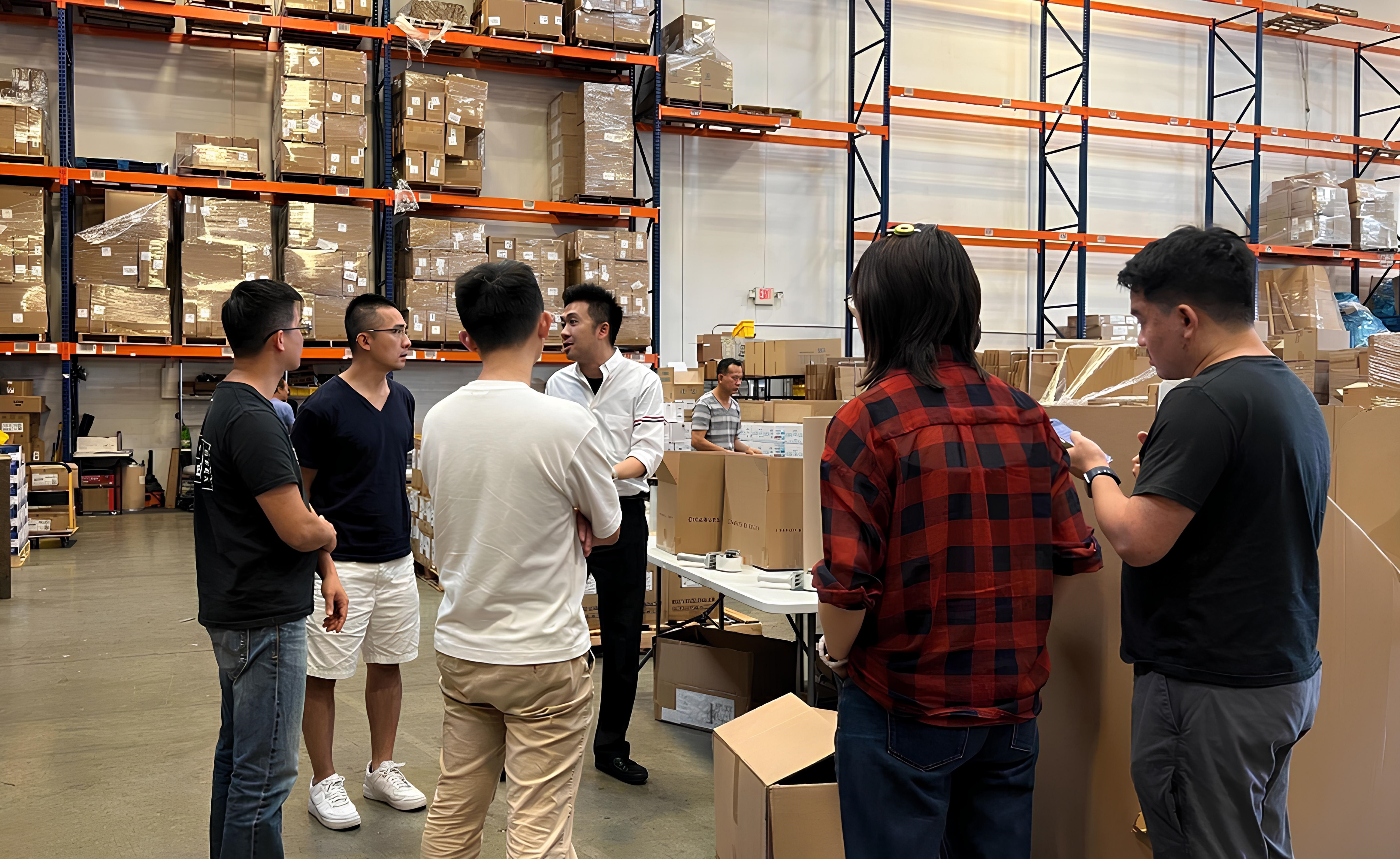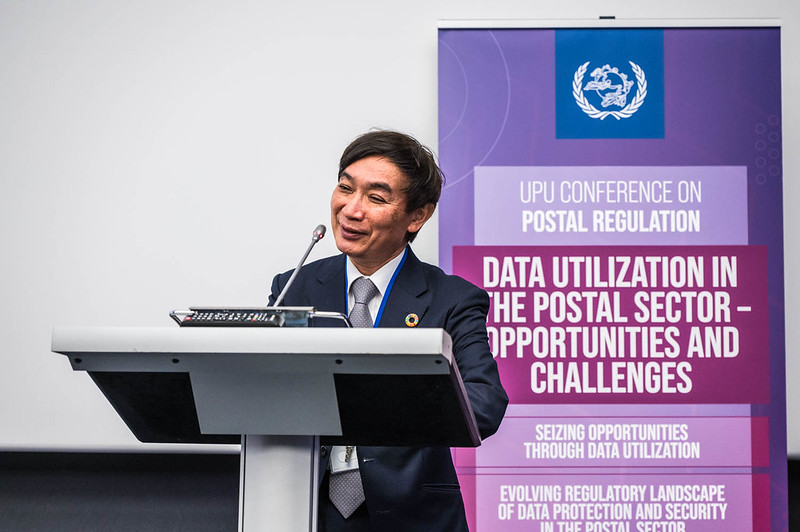Digitalization and digital transformation of postal services has become a strategic priority as the digital economy is expanding. Postal operators worldwide are implementing new technologies to modernize, diversify and adapt services to customer demand.
According to UPU research, over 93% of Posts provide some form of digital postal services either directly or in partnership with other companies. From basic digital postal services such as online track and trace, e-post through to e-government and e-commerce services such as digital identities, national marketplaces, e-payments and e-logistics, innovation continues at pace.
UPU Innovation Challenge
In order to bring to life partnerships between postal operators, technology companies, academia and other experts to address challenges and co-create solutions through the wealth of postal data, the UPU is hosting an Innovation Challenge.
Taxonomy of digital philatelic products
Here you can find a taxonomy which reflects today’s world of digital philately to help customers understand the types of products available.
.POST
The .POST internet top-level domain, managed by the UPU, protects and promotes the postal sector in cyberspace.
Connect.Post
Connect.post is an initiative of the UPU to connect every post office to the Internet by 2030, to bring meaningful digital transformation and inclusion of businesses and citizens in the communities they serve.
Cybersecurity
The UPU has approved security policy recommendations in order reduce the incidence of domain hijacking, phishing and spoofing in the postal sector.
Research and publications
Insights into the digital transformation of postal services, from regular research to measure and monitor the latest digital developments in the sector.
eTrade for All
eTrade-for-all is a collaborative UN wide multi-stakeholder effort to scale up cooperation, transparency and aid-efficiency for inclusive e-commerce.
ICT4development and SDGs
The postal sector is a key element of the World Summit on the Information Society (WSIS) which oversees the development of the Information Society.
UPU Secure E-services Framework
The UPU has developed a range of tools and legal instruments for countries interested to link their national e-services into the international digital postal network – a single territory allowing the circulation of secure communication services around the globe.
Digital Readiness for E-commerce (DRE)
The UPU aims to ensure the digital readiness of Posts for seamless cross-border e-commerce, aligning the Post’s e-commerce strategy with government digital strategies and using the UPU digital enablers to provide all citizens with simple, reliable digital access to postal services.
E-Learning Course on TRAINPOST
A complete training package on Electronic Postal Services is also available on the Trainpost platform.
Latest news
.png)
Automation at the core: GN TEQ and Saudi Post enhance e-commerce efficiency in Saudi Arabia

2024 State of the Postal Sector report charts roadmap for longevity
-(1).jpg)
Ukrposhta and AfterShip: enabling Ukrainian online merchants in cross-border e-commerce

Berne’s Museum of Communication and the UPU meet history: exploring their shared heritage and the evolution of communication

New Correos de México CEO targets postal modernization
The Mexican Postal Service has a new leader. Violeta Abreu was appointed General Director of Correos de México by the first woman to serve as president of Mexico, Claudia Sheinbaum, who took office on 1 October. Abreu, herself one of only a few women leading posts, discussed with the UPU her vision for continuing the transformational work of her predecessor, Rocío Bárcena, to modernize the post and to diversify its offerings so that the Mexican Postal Service may become a leader in logistics and e-commerce for the nation and beyond.

Posts and fintechs unite for women’s digital financial inclusion

UPU conference emphasizes need for global cooperation in postal data utilization and protection

UPU Innovation Forum spotlights AI’s potential for improved postal services

